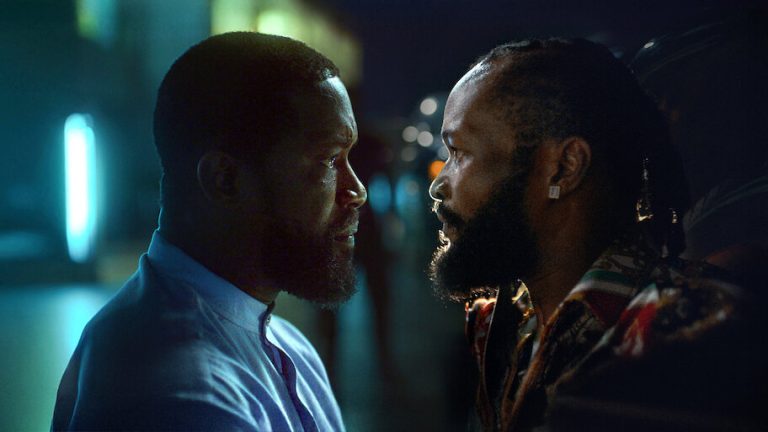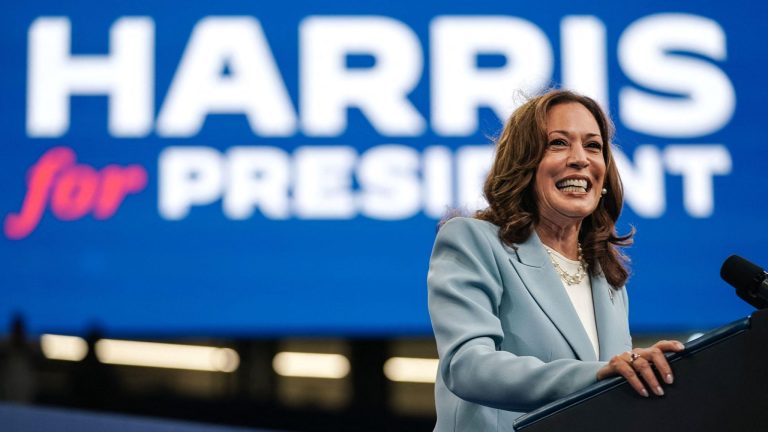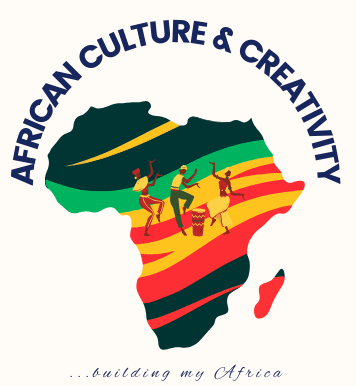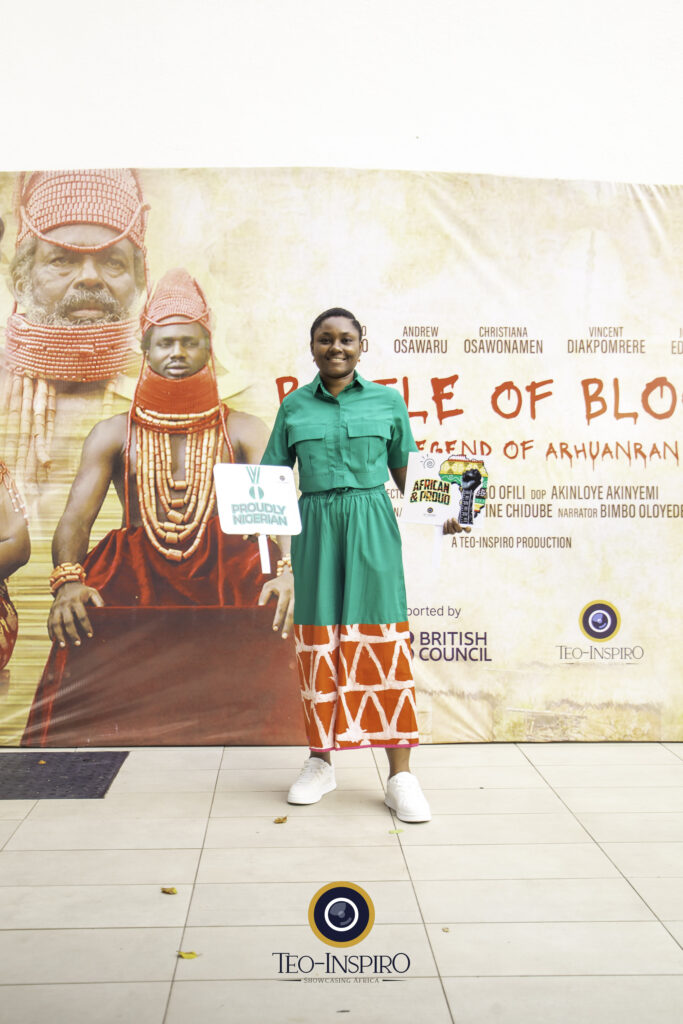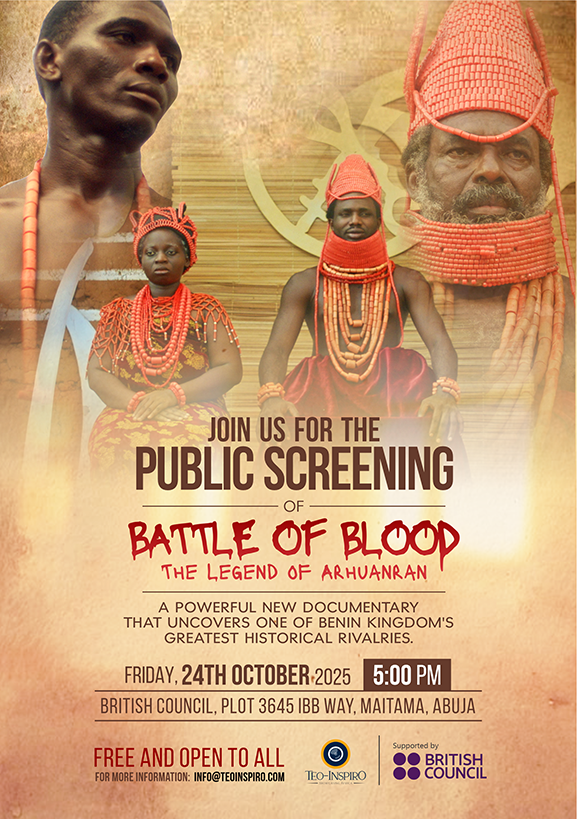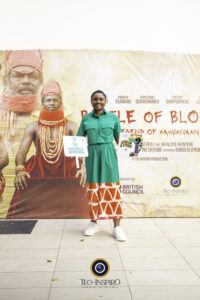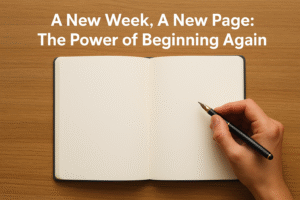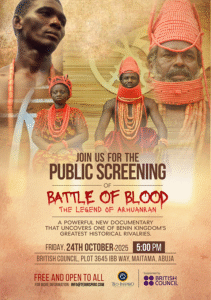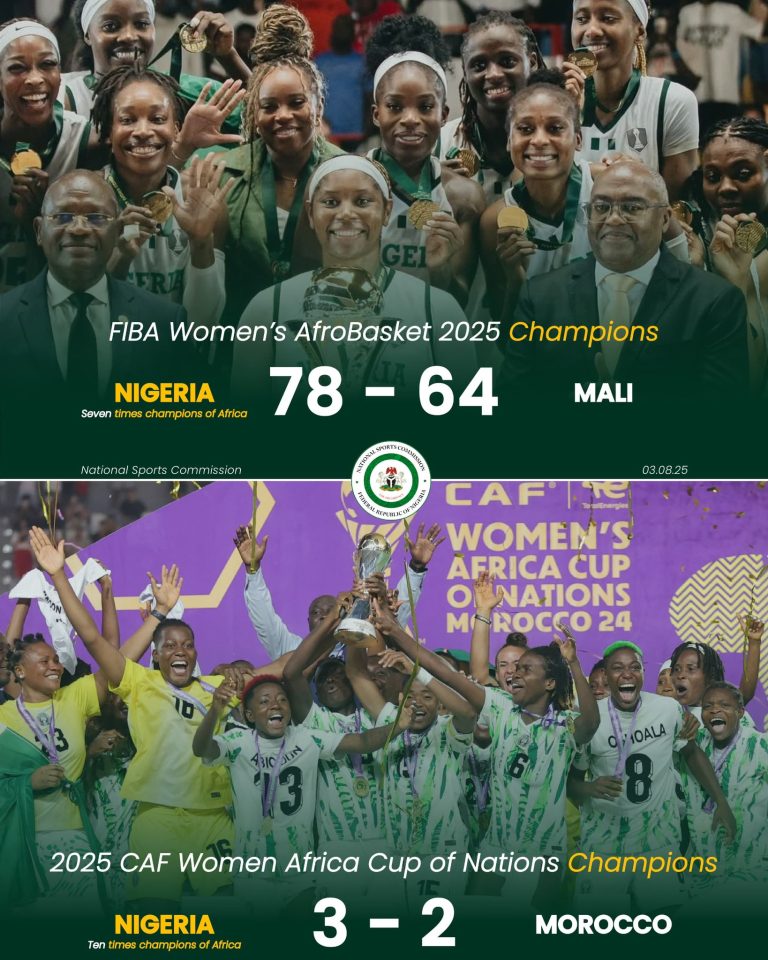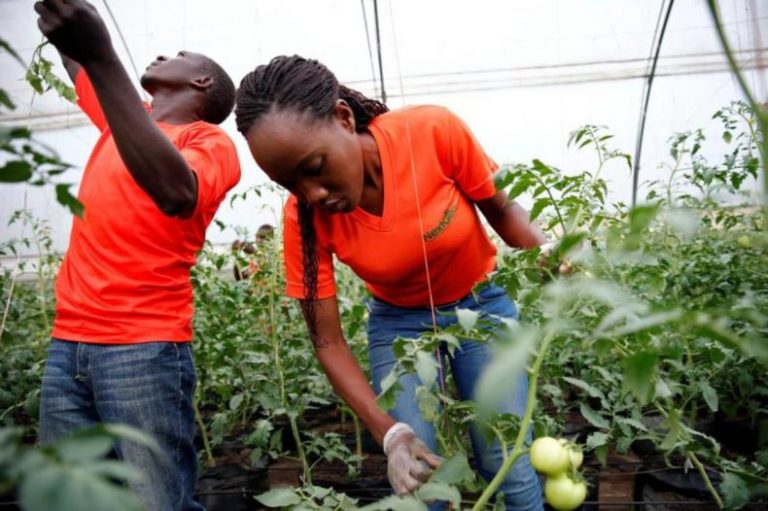By Oghenefego Ofili
Democracy is said to be the government of the people, by the people, for the people. While many countries in Africa have adopted this form of government, it is not yet in its mature state as defined by Abraham Lincoln. There are still cases of countries where leaders have adopted the democratic nomenclature but operate an autocratic or monarchical system of government; case in point would be Cameroon, Republic of Congo, Rwanda, Eritrea, Chad, Uganda, Angola, Equatorial Guinea and Sudan.
In some other African countries, the democratic system seems to be working only in the change of figure heads at the helm of affairs, but not in the empowerment and development of the people. In such countries, the power of the people is mainly restricted to the ballot box, where they have the opportunity to decide who leads them. These countries also have the challenge of distrust in the bodies empowered to conduct elections. The question of whether the election umpires will be neutral and transparent has always been a front burner issue during elections in Africa. This leads to low voter turnout during elections, which gives room for rigging and manipulation of election results. In the 2015 general elections in Nigeria, only 43.6% of eligible voters turn up to cast their votes; of the 67.4million registered voters, only 29.4% actually voted (Source: EIE Nigeria 2018).
If only the people will understand that the power is actually in their hands, that their participation in the electoral process is key to their freedom in a truly democratic society. Maybe the real challenge is voter apathy; we need to enlighten the people that voting is a civic responsibility as well as an opportunity to decide who leads them forward or backward.
Resource: Short film


